As others have pointed out, there are different ECMAScript engines and some of them use a JIT (Just-In-Time) compiler while some others use runtime interpreters, being the former the preferred option for most browsers nowadays as it gives some performance benefits over the latter option.
You can see another question about this on: https://softwareengineering.stackexchange.com/questions/138521/is-javascript-interpreted-by-design
For example, V8 is the JavaScript engine used in Google Chrome, node.js and can also be embedded into C++ applications.
About your idea of sending compiled or precompiled code to the client instead of the raw JS, there are some projects working on something similar:
Asm.js consists of a strict subset of JavaScript, into which code written in statically-typed languages with manual memory management (such as C) is translated by a source-to-source compiler such as Emscripten (based on LLVM). Performance is improved by limiting language features to those amenable to ahead-of-time optimization and other performance improvements.
The important fact about Asm.js is that existing JavaScript engines do work quite well with its style of code, so you can start using it right now! But the code it produces is still (a subset of) the JS we know but written in some way that helps JS engines to run it faster:

Of course, there are also a lot of restrictions about what you can do with it, as it is mainly oriented to work with just numbers. See http://ejohn.org/blog/asmjs-javascript-compile-target/
Real support for Asm.js is still a limitation, so you can't use things like "use asm" and although you can run Asm.js code on today browsers and get some performance improvements, it won't be as good as it could be in browsers that could optimize Asm.js code. However, we may start having that and some other improvements in the (hope that near) future. See https://blog.mozilla.org/research/2015/02/23/the-emterpreter-run-code-before-it-can-be-parsed/
Meanwhile, and for a more general purpose JS that needs to work with more than just numbers, you can use Google Closure Compiler. I would recommend that you take a look at the FAQ first, and then you could start playing with it in the online tool.
